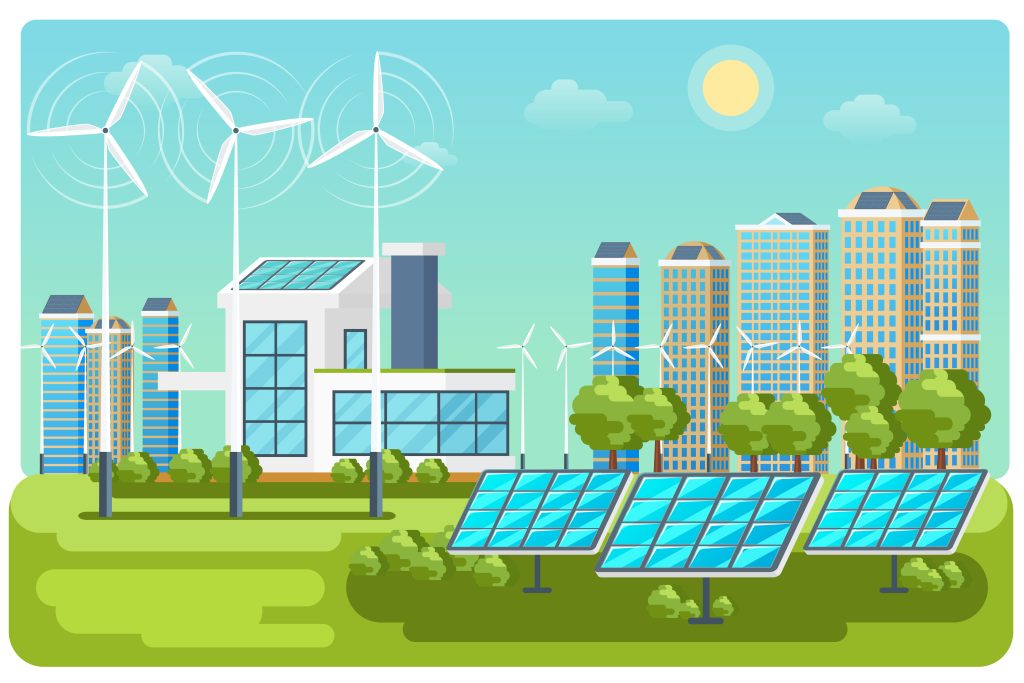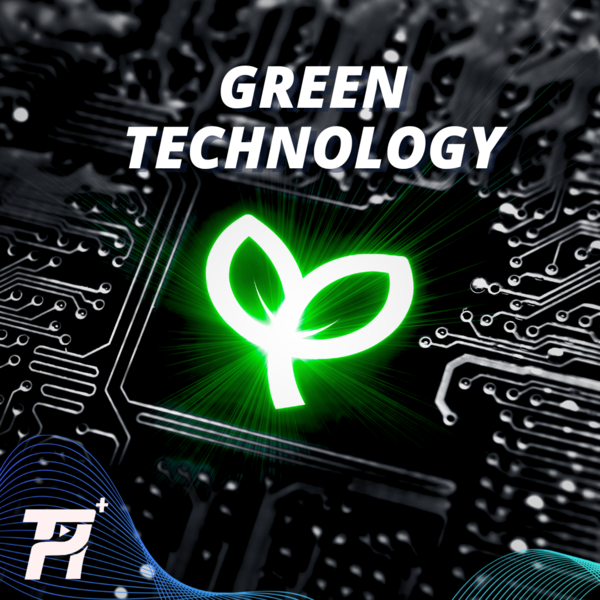In recent years, the urgency to address climate change and environmental degradation has spurred a significant global focus on green technology. The advancement of eco-friendly innovations has played a crucial role in mitigating the adverse impact of human activities on the planet. From renewable energy solutions to sustainable transportation and smart infrastructure, progress in green technology is paving the way towards a more sustainable future.
One of the most significant breakthroughs in green technology is the rapid expansion of renewable energy sources. Solar and wind power, in particular, have witnessed remarkable growth as clean alternatives to fossil fuels. Technological advancements have led to increased efficiency and reduced costs in harnessing solar energy. Innovations like solar panels with higher energy conversion rates and energy storage solutions have made solar power more accessible and dependable. Likewise, wind turbines have become more efficient, capable of generating larger amounts of electricity from wind resources. The integration of renewable energy into power grids is helping to reduce greenhouse gas emissions and combat climate change.
In addition to renewable energy, green technology is revolutionizing transportation. Electric vehicles (EVs) have become more viable and widespread due to advancements in battery technology. EVs offer a cleaner and sustainable alternative to traditional internal combustion engine vehicles, contributing to reduced emissions and air pollution. Furthermore, the development of charging infrastructure and improved battery range has addressed concerns about the practicality of EV adoption. Governments and industries worldwide are incentivizing the transition to electric mobility, and many countries have set ambitious targets to phase out petrol and diesel-powered vehicles.

Another notable area of progress is in smart and sustainable infrastructure. The concept of smart cities is gaining momentum, where urban planning is integrated with technology to optimize resource usage, enhance energy efficiency, and improve overall quality of life. Smart buildings equipped with energy-efficient systems, automated lighting, and intelligent climate control contribute to lower energy consumption and reduced carbon footprints. Furthermore, the Internet of Things (IoT) is being employed to optimize energy distribution, waste management, and traffic flow, leading to more sustainable and eco-friendly urban environments.
Green technology is also making strides in waste management and recycling. Advanced recycling technologies are being developed to extract valuable materials from electronic waste, plastic, and other discarded items. These innovations not only reduce the burden on landfills but also conserve valuable resources. Moreover, biodegradable materials and composting solutions are gaining popularity, addressing the issue of plastic pollution and promoting a more circular economy.
The agricultural sector is not far behind in adopting green technology. Precision farming techniques, such as remote sensing and data analytics, allow farmers to optimize resource usage and reduce the environmental impact of agriculture. This includes targeted application of water, fertilizers, and pesticides, resulting in increased yields and reduced waste. Vertical farming and hydroponic systems are also being explored to maximize food production in urban areas while minimizing land use and transportation emissions.
Despite the remarkable progress, challenges remain in the widespread adoption of green technology. Cost barriers, technological limitations, and resistance to change are some of the obstacles that need to be addressed. Governments, industries, and communities must collaborate to create supportive policies, invest in research and development, and foster public awareness to accelerate the adoption of eco-friendly solutions.
In conclusion, the progress in green technology is undoubtedly shaping a more sustainable and resilient future for our planet. From renewable energy and electric mobility to smart infrastructure and advanced recycling, these innovations are empowering humanity to address the pressing challenges of climate change and environmental degradation. As we continue to invest in and embrace green technology, we move closer to a harmonious coexistence with nature and a brighter, cleaner future for generations to come.

